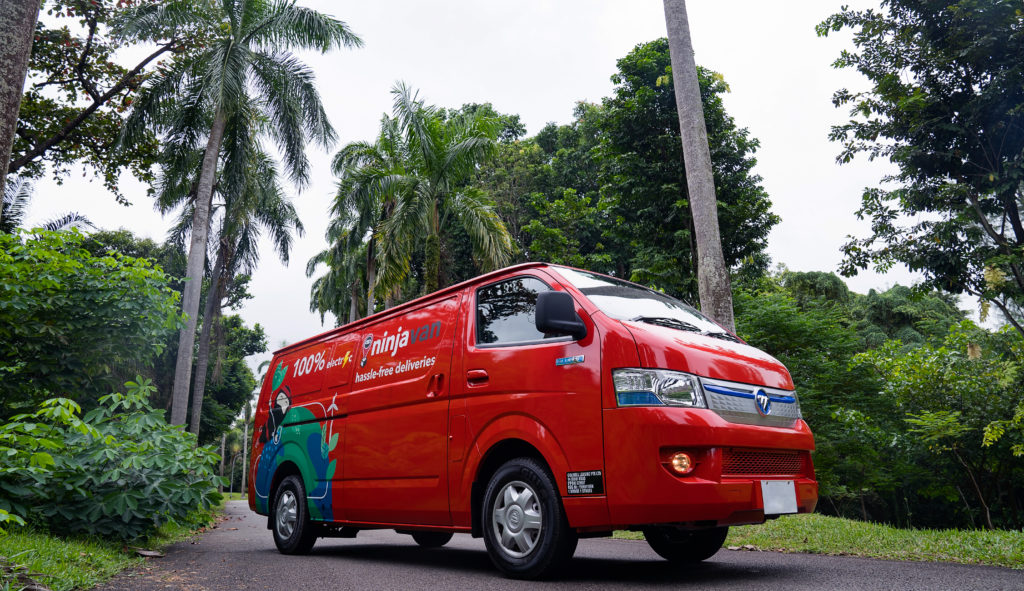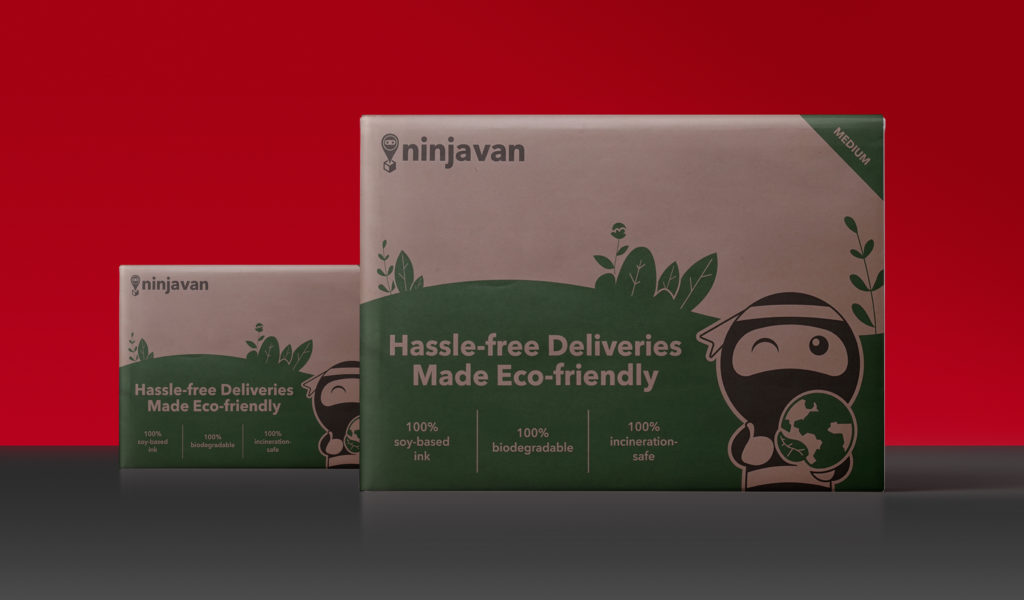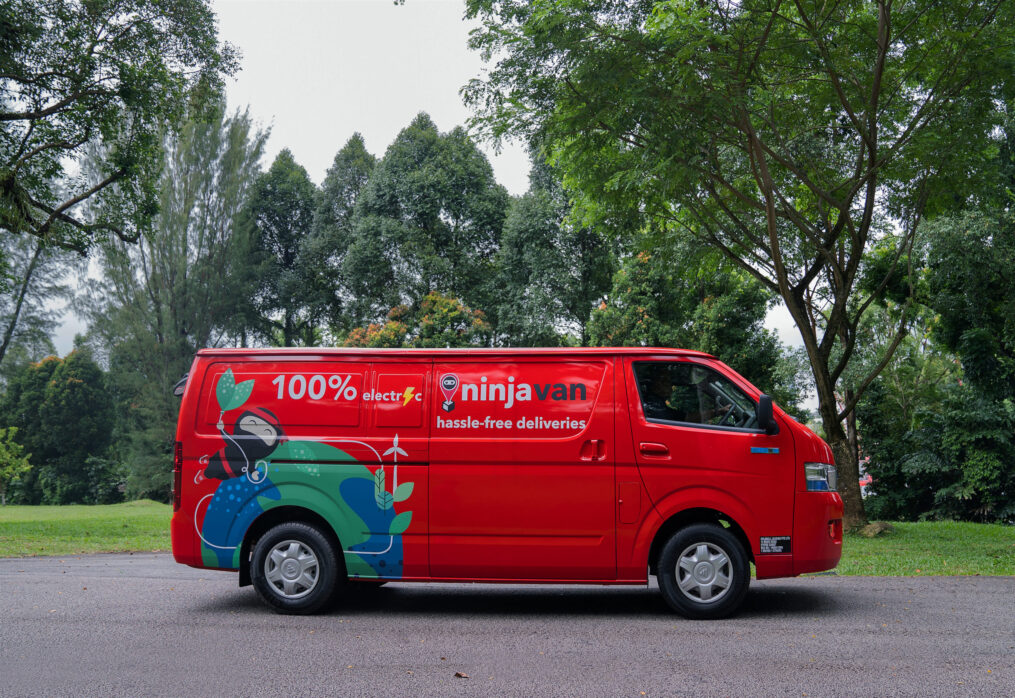Ninja Van rolls out new initiatives in sustainability push
Singapore-based logistics provider, Ninja Van is implementing two green initiatives in October to step up its sustainability efforts. Launched in 2014, Ninja Van began its operations in Singapore and has since grown to become one of the region’s fastest-growing last-mile logistics companies.
The tech-enabled express logistics company is conducting a pilot trial of ten electric vehicles (EVs) to study the feasibility of electrifying its transport fleet in Singapore. Ninja Van will assess its EV fleet adoption based on factors such as the challenges drivers might face, as well as ground data such as the accessibility of commercial charging points.

“Sustainability is part of Ninja Van’s long-term goals, and it is important for us to make the transition in a deliberate and calculated way. Doing so allows us to maintain the ‘hassle-free’ service experience for our shippers and customers that Ninja Van is known for, and recognize greater benefits for both our business and the environment,” said Ray Chou, country head of Ninja Van Singapore.
The logistics company also launched its eco ninja packs, a new line of environmentally friendly prepaid poly mailers
“We wanted to explore how we can manage other parts of the supply chain to reduce our overall carbon emissions footprint, and the eco ninja pack is our solution to that,” said Kooh Wee Hou, head of commercial of Ninja Van Singapore.

“This product is ideal for business owners who want to do their part for the environment, as the eco ninja packs are biodegradable and do not release toxins during the incineration process. Being sourced and supplied locally also means we can reduce carbon emissions incurred through air and sea freight.”
Besides stepping up its sustainability efforts, Ninja Van recently ramped up investment in its technological capabilities. Last month, the company announced that it would be investing USD 50 million into automation systems for parcel processing across key sorting hubs. The investment is expected to improve the company’s overall operational productivity across Southeast Asia by 50%.
